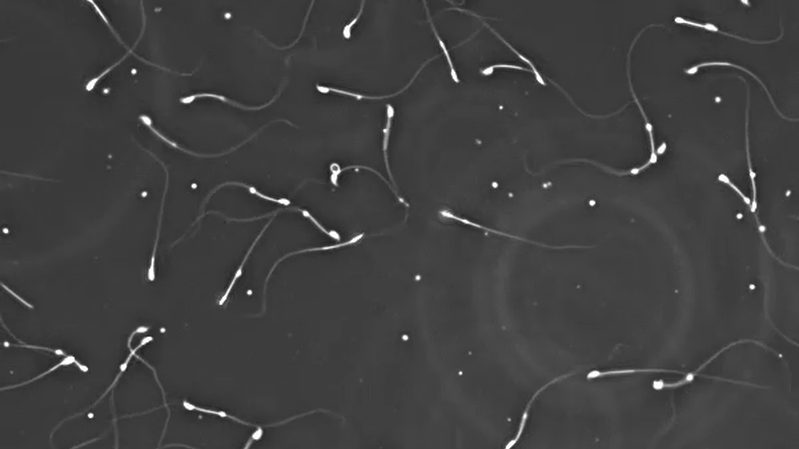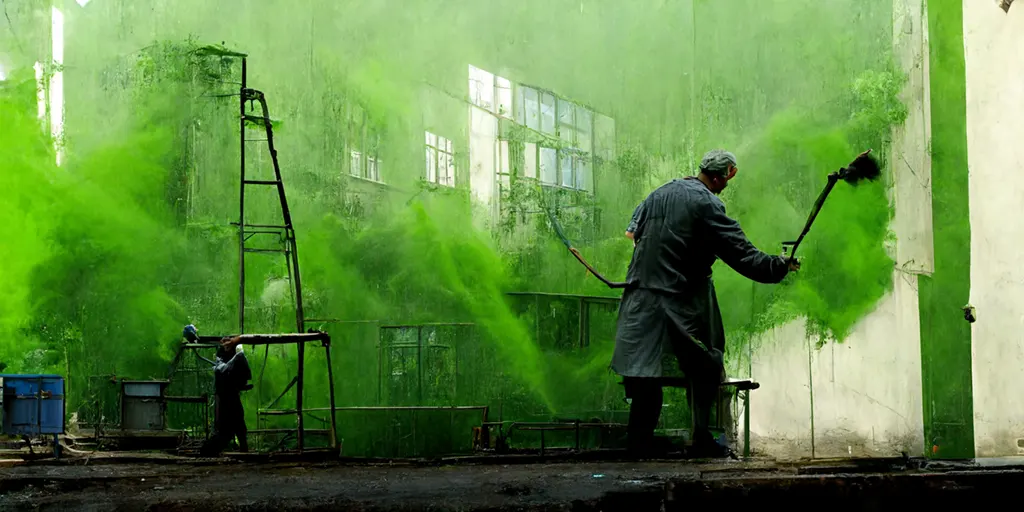Copyright theage

How do you get sperm from a crocodile? “Very carefully is the short answer,” says Brett Nixon, a professor at the University of Newcastle, who has studied the sperm of animals including platypus, rabbits and the saltwater predators to better understand human reproduction. (The long answer is that you sedate the croc and extract sperm using a method euphemistically dubbed a “digital massage”.) It turns out, compared with animals, humans are not good at making sperm. Rams ejaculate about 100 billion sperm compared with a man’s measly 100 million. The humble fruit fly unleashes monster sperm that’s six centimetres long – about 20 times its body length. Almost every sperm produced by a mouse is viable compared with only 4 per cent of human swimmers made in the right shape, Nixon says. He’s one of many experts concerned that human sperm counts are plunging further still, and many suspect the drop is at least partly driven by a cocktail of air pollution, microplastics and other hormone-disrupting toxins including PFAS “forever chemicals” in the environment. Amid those anxieties, it remains the case that for most male infertility cases, doctors are unable to establish a cause. Nixon’s latest work hit the headlines this week after his team showed PFAS – at levels matching contaminated groundwater at Williamtown near Newcastle – reduced sperm production and testosterone in mice, and appeared to warp sperms’ epigenome in a way that could impact embryo growth. The results cannot be directly translated to human health because, alongside other fundamental anatomical differences, the way people and mice metabolise PFAS varies. But the findings do reflect observational studies that have found a correlation between some forever chemicals and worse sperm counts in people. However, evidence on this is mixed.



